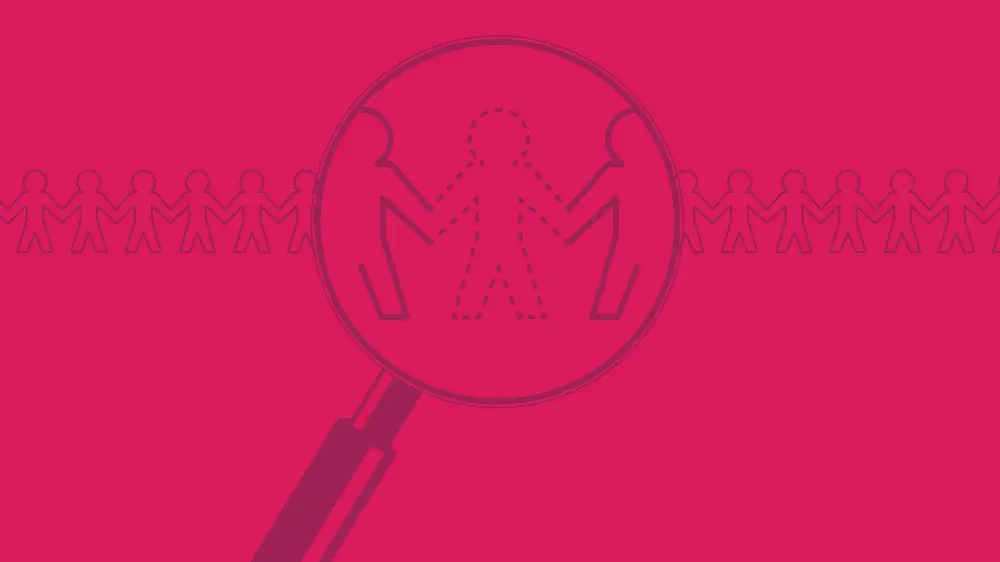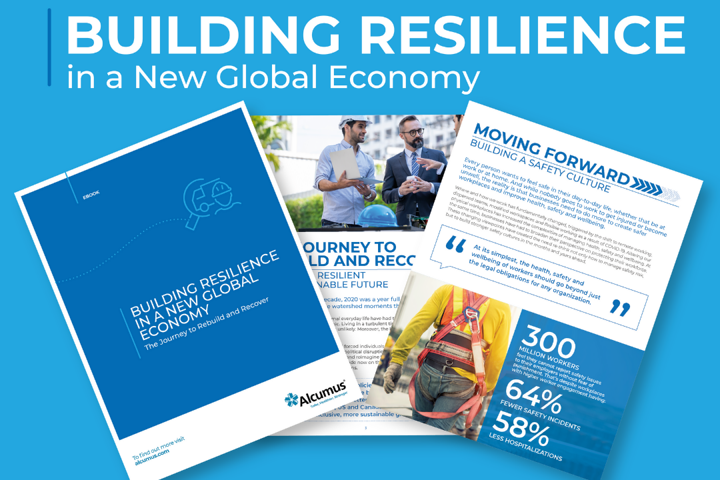ESG criteria has emerged as a deal-breaker in investing over the last few years, as more investors use it as a way to gauge both the credibility and reputation of an organization.
In fact, the US SIF Foundation recently reported that investors held $17.1 trillion in assets chosen according to ESG criteria at the beginning of 2020. This number represents a 5 trillion dollar increase from the year 2018.
However, investors aren’t the only ones concerned with ESG criteria. Any organization’s ESG score is heavily influenced by its EHS team. Because, simply put, EHS compliance leads to ESG compliance.
Here is a closer look at the correlation between ESG and EHS.
What is ESG & What Does ESG Stand For?
ESG stands for:
Environmental: What is this organization’s impact on the environment? Do they actively create new policies to lower their carbon footprint? Do they go above and beyond government and industry compliance when it comes to emissions, waste, energy consumption, and the treatment of animals/wildlife?
Social: This aspect looks at the relationships the organization has formed with other companies or not-for-profits.
However, this is also heavily influenced by the organization’s working conditions and how their culture prioritizes its employees’ health and safety. This is where EHS professionals impact ESG sustainability.
Governance: This looks at how accurate and transparent the organization’s accounting is, and how much voting influence stakeholders have.
ESG investing is sometimes also referred to as:
- Socially Responsible Investing (SRI)
- Sustainable investing
- Responsible investing
- Impact investing
What is an ESG Score?
There is no actual governing body that gives us all a steadfast formula to calculate ESG scores.
Individual investors and organizations will develop their own proprietary ESG criteria and ESG standards. They may choose to value one aspect more than others. For example, they may be only minorly concerned with governance and place more focus on environmental factors.
Despite the variations of how an ESG score may be calculated, there is a general consensus that real action leads to a real impact. For example, a mission statement or press release stating you value your employee’s wellness will have little impact. But achieving compliance within your industry and a spotless safety record will have a major impact.
ESG & EHS Compliance
EHS compliance has always had a direct impact on any given organization’s bottom line.
In the past, this has included remaining compliant with:
- OSHA, WSPS, or other safety standards
- The International Organization for Standardization (ISO) 14001 environmental management framework
- The U.S. Environmental Protection Agency’s (EPA) Greenhouse Gas Reporting Program (GHGRP)
- Local, federal, or industrial data protection regulations
- Hazardous waste treatment regulations
- And more
An organization failing to stay in constant compliance with any of the above standards can result in things such as hefty fines, shutdowns, or even legal actions. Those costs are direct and finite. However, the costs associated with a relatively lower ESG score can be more difficult to substantiate.
Let’s say an investor has a choice between Company A and Company B. Company A maintains constant compliance and has maintained a fantastic safety record for the last 5 years. Company B, on the other hand, has struggled in those areas.
A would-be investor knows that Company B’s profits are likely being eroded by:
- The direct and indirect costs of incidents
- High turnover
- Difficulty attracting top talent because of a subpar reputation
- An inability to win (or even bid on) top tier projects
- Potential fines or lawsuits
Even if a company has no immediate plans or desire to attract investors, focusing on both ESG and EHS can only strengthen your company culture and your bottom line. Being viewed as a safe and sustainable organization makes you more attractive to the next generation of job seekers.
At the same time, a strong reputation and a proven track record will ensure you’re always in a position to compete for large contracts.
We want to help you strengthen your safety record with our Alcumus suite of solutions. Speak to one of our safety experts to learn which option is the right fit for your organization.
REQUEST A DEMO
Learn How Alcumus Can Help
Request a free demo below to learn more about how we’re helping organizations meet their safety, supply chain, and sustainability goals.






